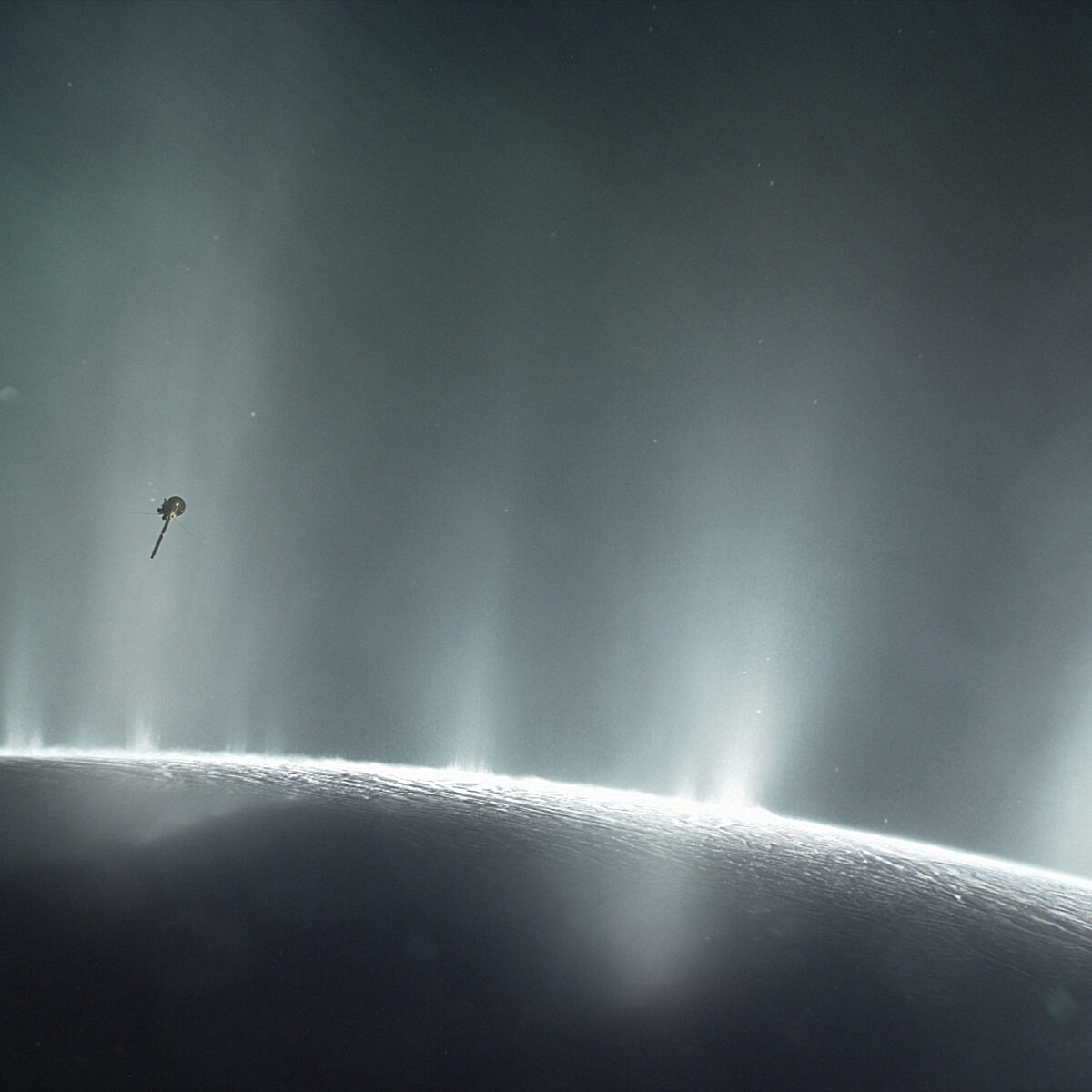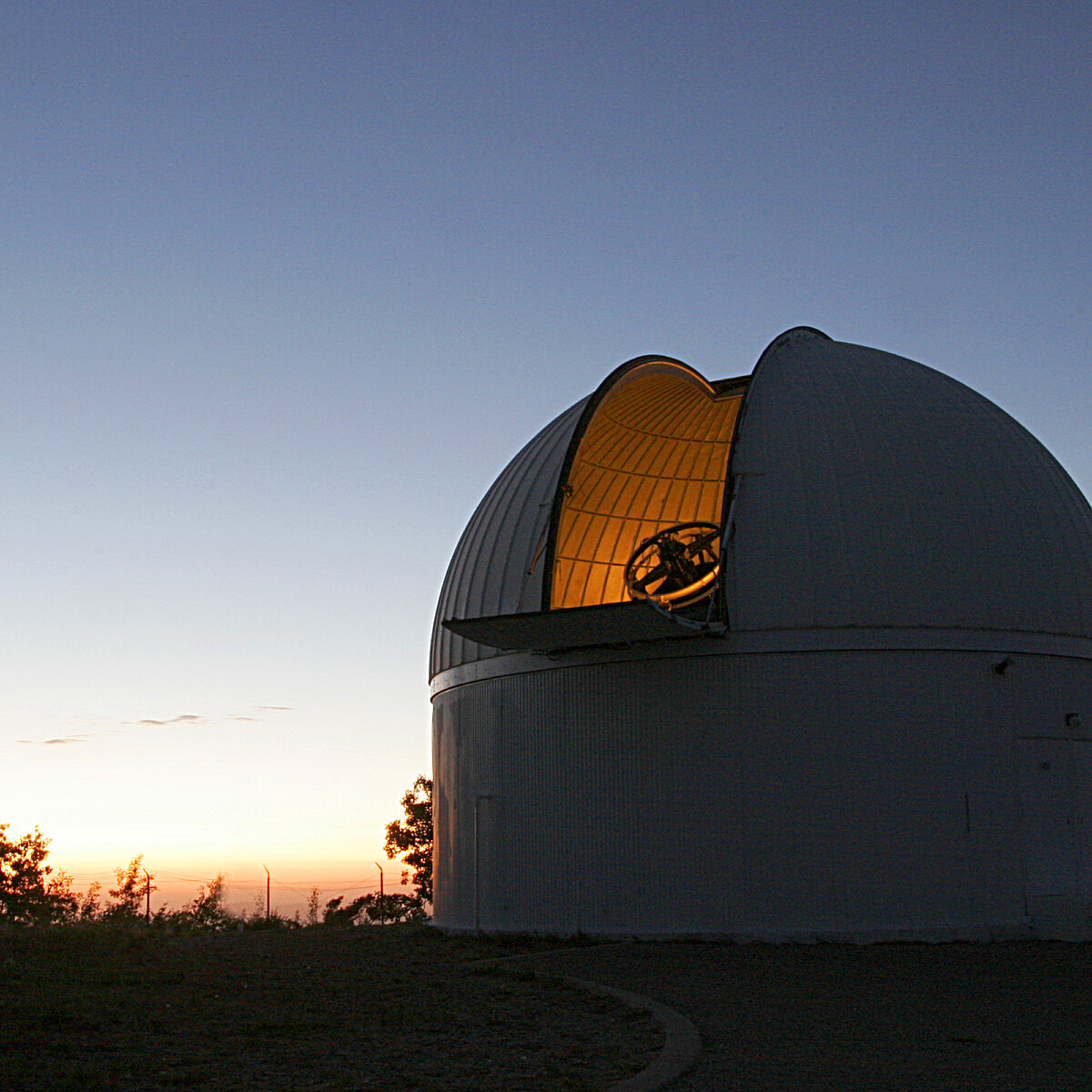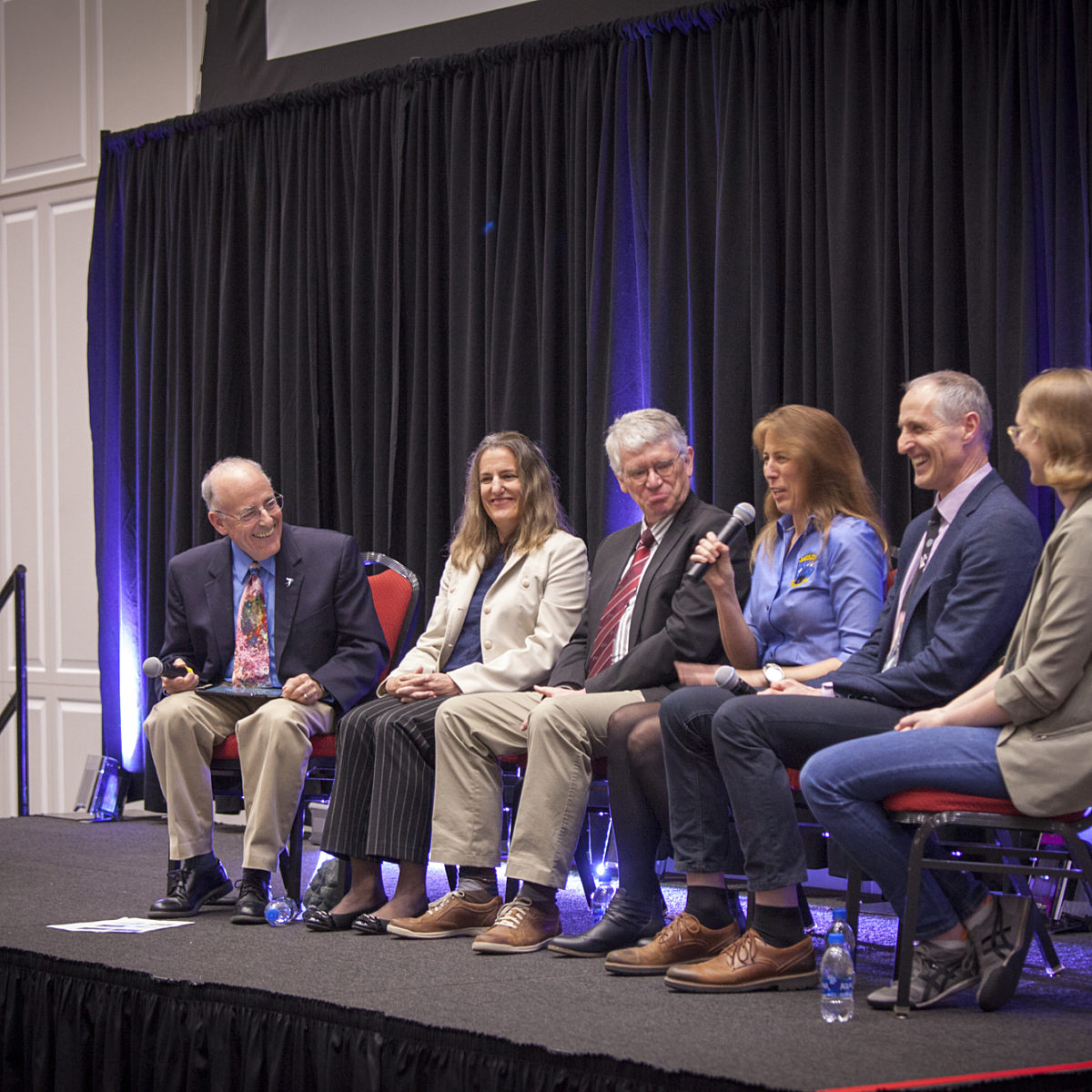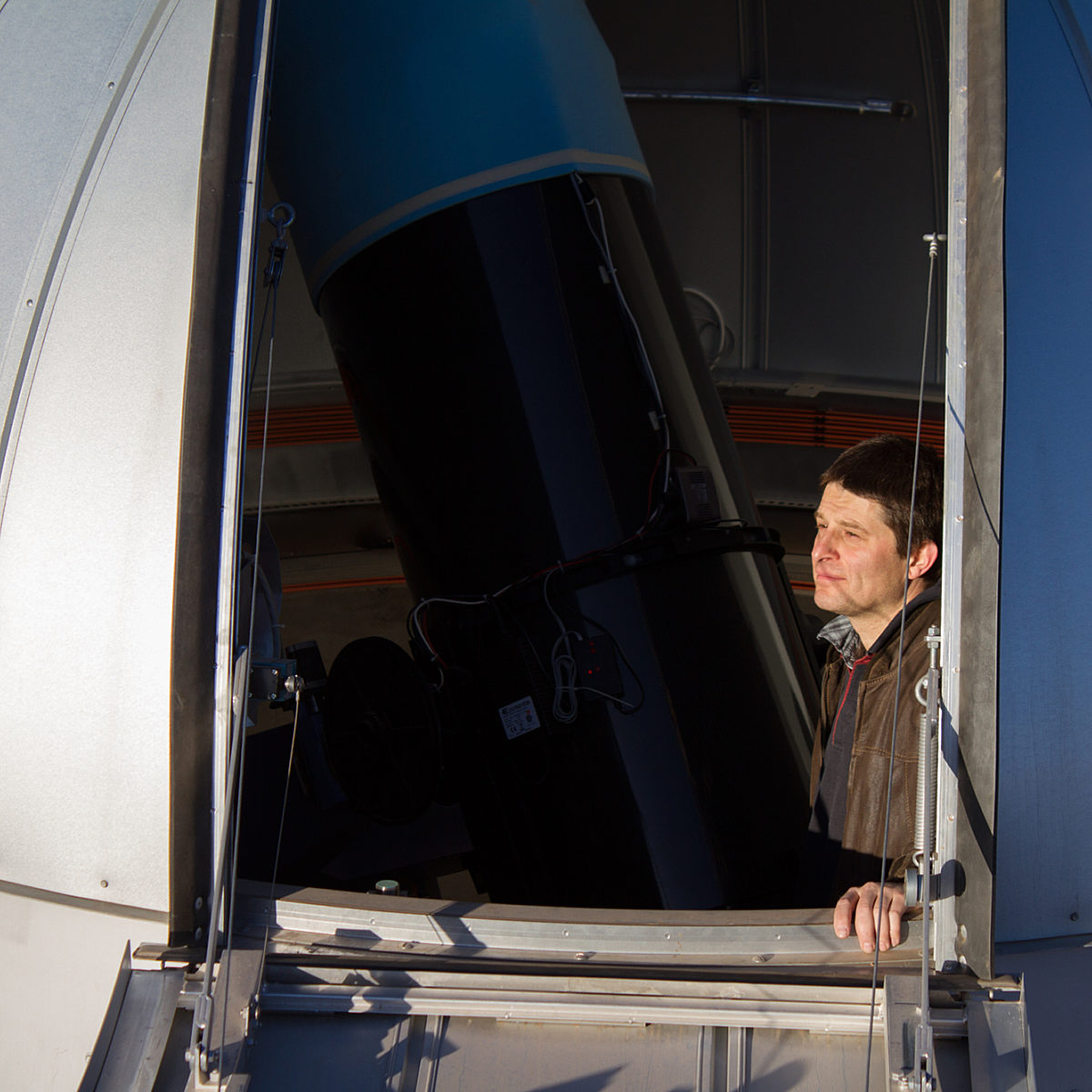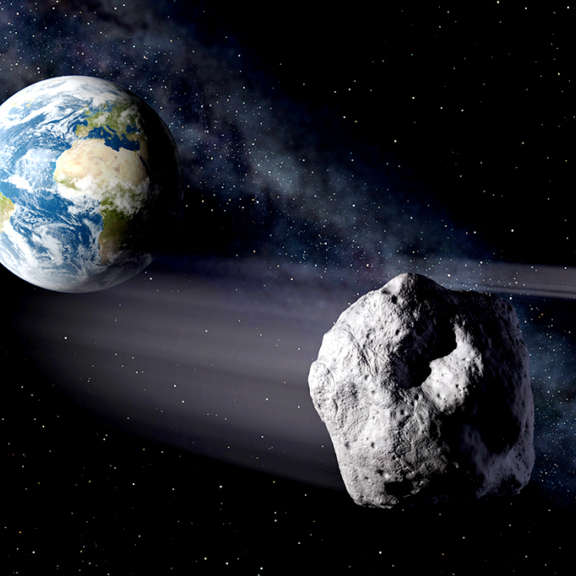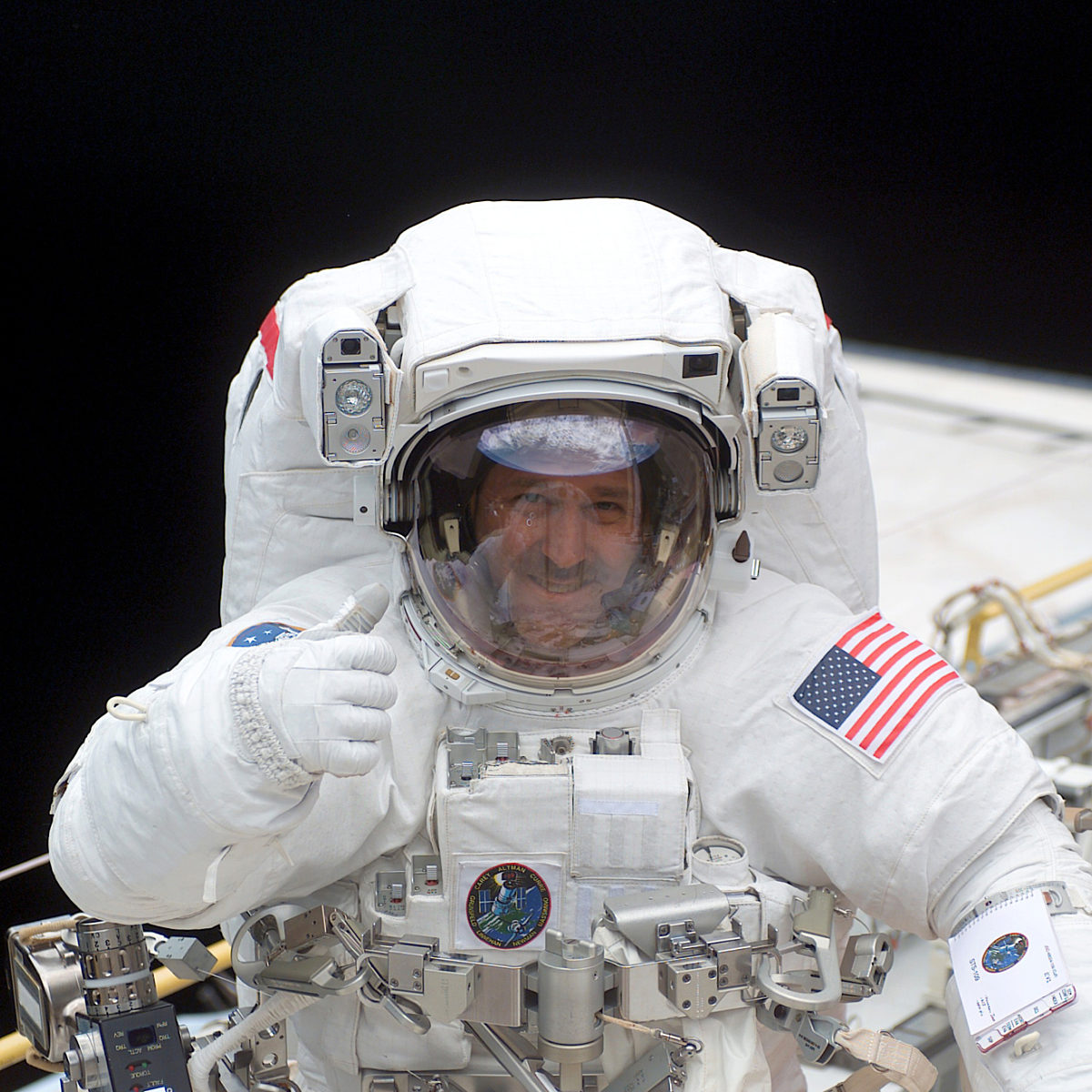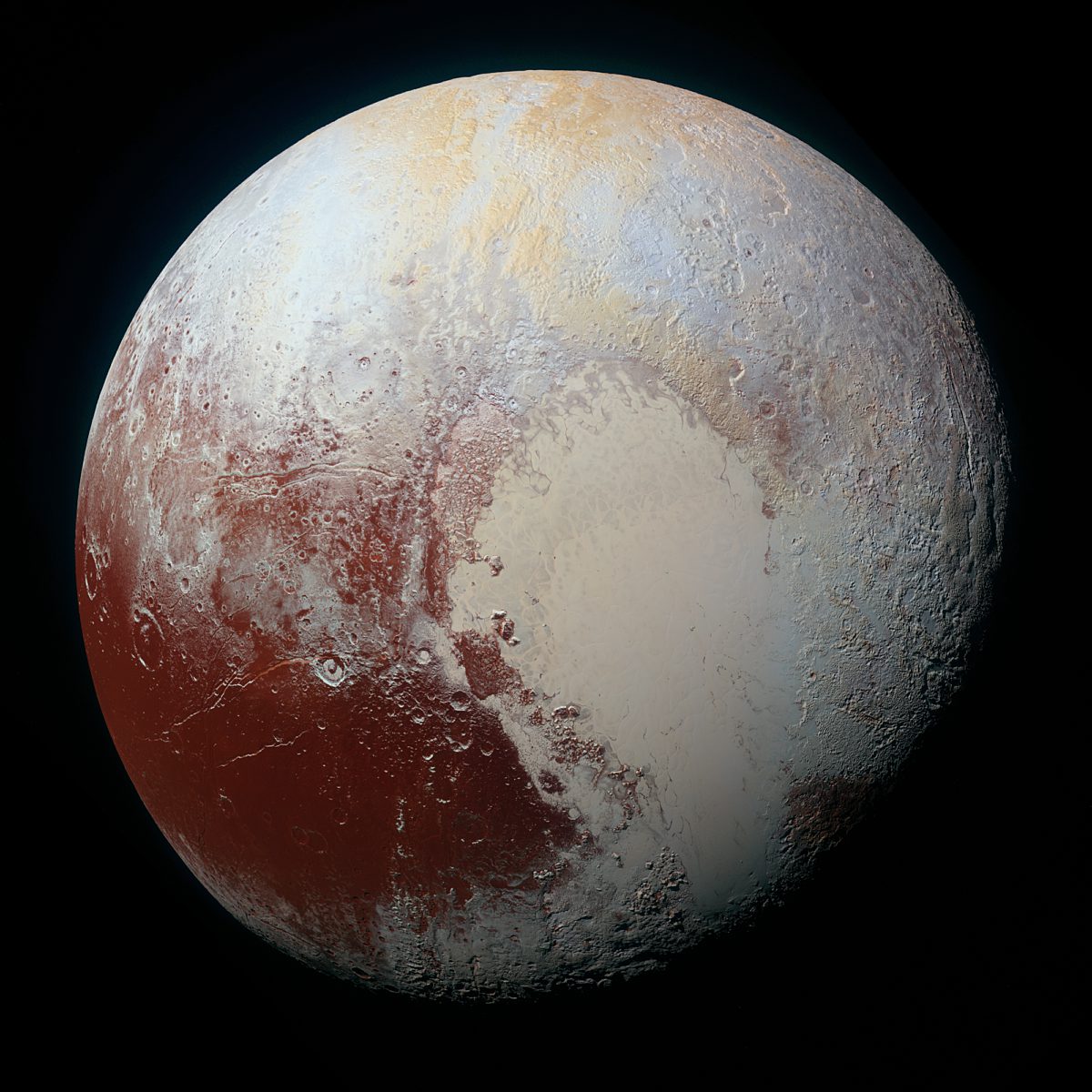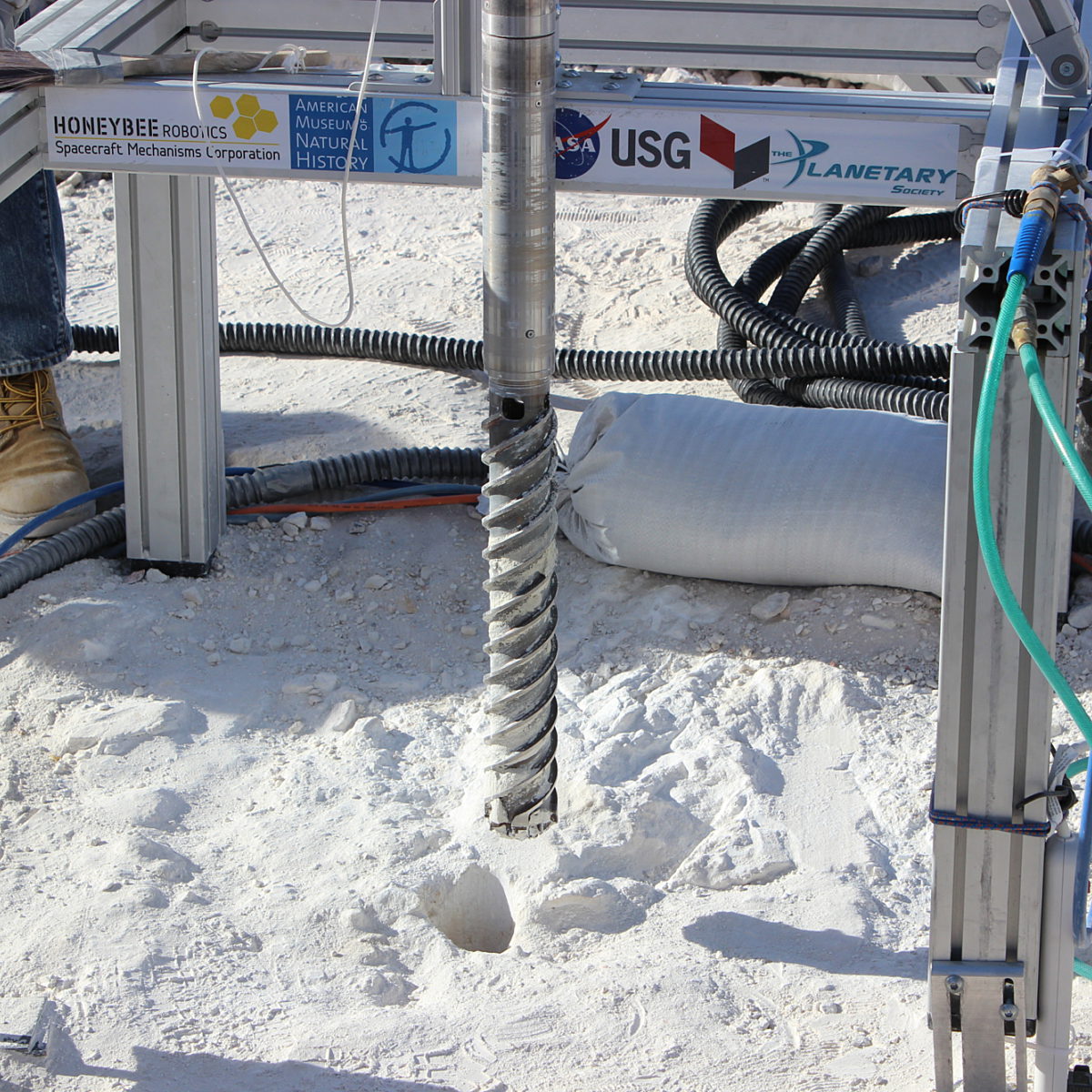Since 2002, Planetary Radio has visited with a scientist, engineer, project manager, advocate, or writer who provides a unique perspective on the quest for knowledge about our Solar System and beyond. The full show archive is available for free.
Search Planetary Radio
We discuss the delightfully unpredictable nature of space discoveries with Chris Lintott, author of the upcoming book Accidental Astronomy.
We celebrate the James Webb Space Telescope's first confirmed exoplanet discovery this week on Planetary Radio. Jacob Lustig-Yaeger, one of the leads on the team that made the detection, joins us to discuss the details.
Meet leaders of two of the most successful Earth-based searches for asteroids, including many that could threaten Earth.
Scientists have found a menagerie of complex organic compounds on the comet visited by the Rosetta spacecraft that connect it with the birth of our solar system.
First we return to JPL for an update on the Mars Helicopter that has just been attached to the belly of the 2020 Mars Rover. Then it’s across the pond for a review of the amazing science coming from the Rosetta mission that spent years exploring comet 67P/Churyumov-Gerasimenko. We wrap things up with another What’s Up view across the solar system and beyond.
Leaders of the global effort to avoid a catastrophic Near Earth Object impact gathered at the 2019 Planetary Defense Conference. On the evening of May 1st, The Planetary Society partnered in an exciting PDC public event at the University of Maryland College Park. Presentations by Society CEO Bill Nye and NASA Chief Scientist Jim Green were followed by Planetary Radio Live.
Why did the dinosaurs die? They didn’t have a space program! The upcoming DART mission will test our best thinking about how we may someday deflect a Near Earth Object that is speeding toward fiery Armageddon on Earth. Nancy Chabot of the JHU Applied Physics Lab is the mission’s Coordination Lead.
Join us at the Applied Physics Lab in Maryland for the New Horizons encounter with the most distant object ever visited. You’ll meet mission leaders, friends and even a rock and roll star as we dive deep into this triumph of exploration.
One of the Planetary Society’s 2018 Shoemaker Near-Earth Object grants has gone to astronomers searching the sky from a mountaintop in the North African nation of Morocco.
The dinosaurs regret their lack of a space program. 200 million years later, humans are gearing up to defend themselves from a species-ending rock.
Mat Kaplan talks with Matt Taylor, the Rosetta Project Scientist, just two weeks after the spacecraft touched down on 67/P.
The European Space Agency’s magnificent Rosetta mission ended last week as the spacecraft gently touched down on the comet it has revealed.
In two years a Near Earth Asteroid now known as Bennu will have a visitor from Earth. OSIRIS-REx Principal Investigator Dante Lauretta reports on his mission’s successful launch.
In its nearly five decades, NASA has created or improved thousands of technologies, processes and innovations. Dan Lockney is in charge of making sure these solutions are found and utilized by industries and others in need.
Steep canyons on Saturn's moon Titan are filled with liquid methane. That's the discovery just announced by an international team of Cassini scientists, including Alex Hayes.
John Grunsfeld closes our coverage of the Space Foundation’s 32nd annual Space Symposium in Colorado Springs. We also meet the leaders of the New Generation Space Leaders Program.
Bruce Betts, Jason Davis, Casey Dreier and Emily Lakdawalla gather with Mat Kaplan for a fascinating and informative Planetary Radio Extra year-in-review roundtable discussion.
The newly-approved federal budget includes great news for fans of space exploration and development. Texas Congressman John Culberson led the fight for a Europa mission, the SLS rocket, commercial crew and more. He tells us why on this week’s show.
Drilling through many meters of ice to Europa’s ocean or to the pristine sub-surface layers of Mars will be hard. The Planetary Deep Drill prototype has shown that it may be a practical approach. Join Mat Kaplan and Planetary Society colleagues at the field test site deep in California’s desert.
Emily Lakdawalla returns from the annual Division for Planetary Sciences meeting with big news from around the solar system. Then we talk with science journalist Traci Watson about the departure of the great Arecibo radio telescope’s Director and the funding challenge that could shut down the observatory.


 Explore Worlds
Explore Worlds Find Life
Find Life Defend Earth
Defend Earth


